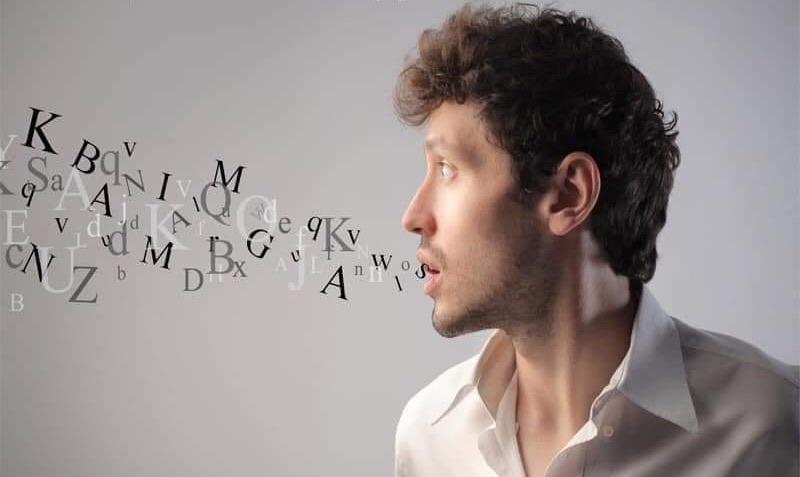nunciation trends, both pro and e

Twice this morning I heard someone on the radio pronounce "vulnerable" without the first L. Vun-ra-bl. Am I missing something here? American Heritage doesn't list this pronunciation.
It is, I think, the opposite of lazy. It's a deliberate way of marking oneself as having joined a tribe. Some of these things are harder to say than the earlier, accepted way, but people still do them.
And of course one of the most dramatic ameliorations in our lifetime, "cazhmere," which was once a sign of a cheap upward striver who didn't understand that that didn't sound classy, but is now 100% accepted among even the most educated. (Frasier Crane gave cashmere the ZH in the early 2000s.)
I've heard several pundits say something like "Wash-nhn" —– our nation's capital!
On radio, I would say, "Clinton," tiffing the T slightly. In person, I think I say "Clin-*n," with two true Ns, tip of tongue hard on the ridge behind upper teeth, and a nice crisp glottal stop.
You know what I mean by "tiffing" the T and "puffing" the P and "kuffing" the K, right? You tiff the T, putting a little breath after it, in "tart," but not in "start." You puff the P, putting a little puff after it, in "ping" but not in "stopping". You kuff the K in "king" but not in "stocking."
Greta and Clara and their generation will probably say "Cli˜-*en," with a French-sounding half-N, glottal stop, and then a real schwa vowel before the final N.
(For instance, they both say "buh-*un" for button, where most older than their generation would say "but-*n," making the initial motion of the T but not tiffing it.)
Language changes constantly!
Shift happens!
Fun to notice it.
Here's me on all these examples.

Comments